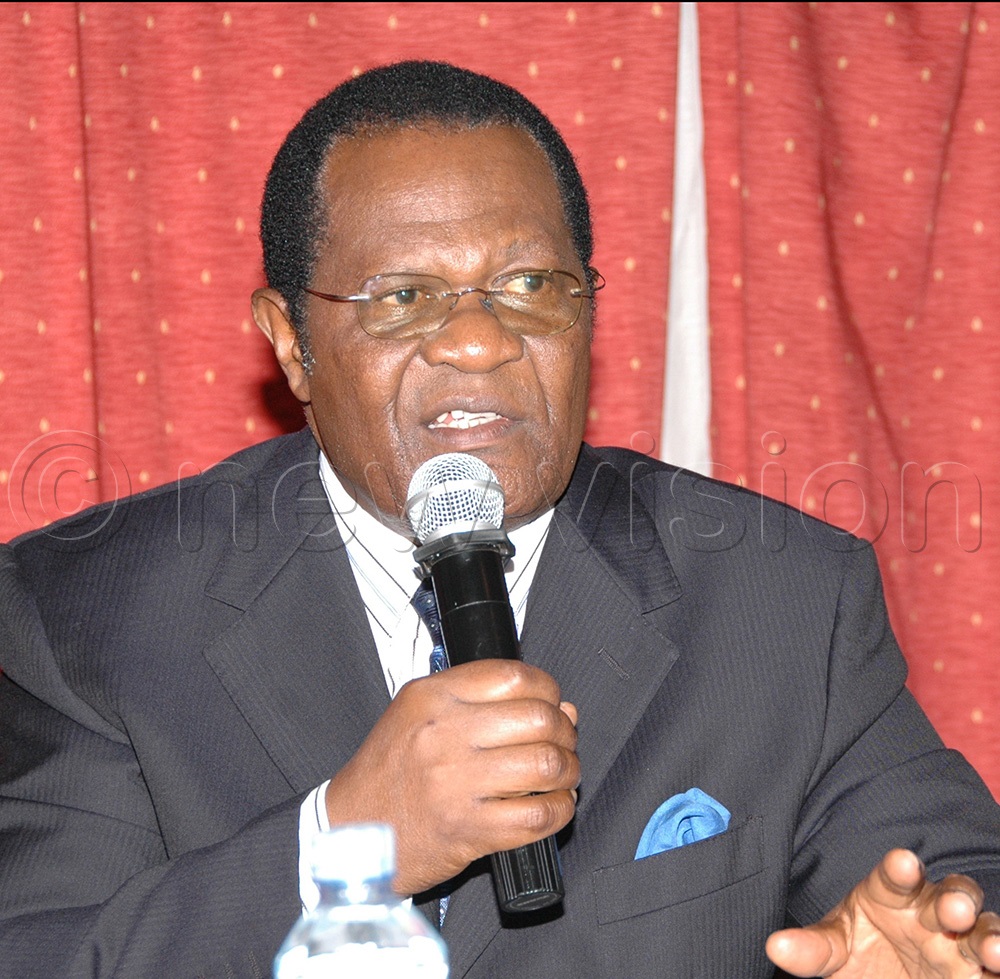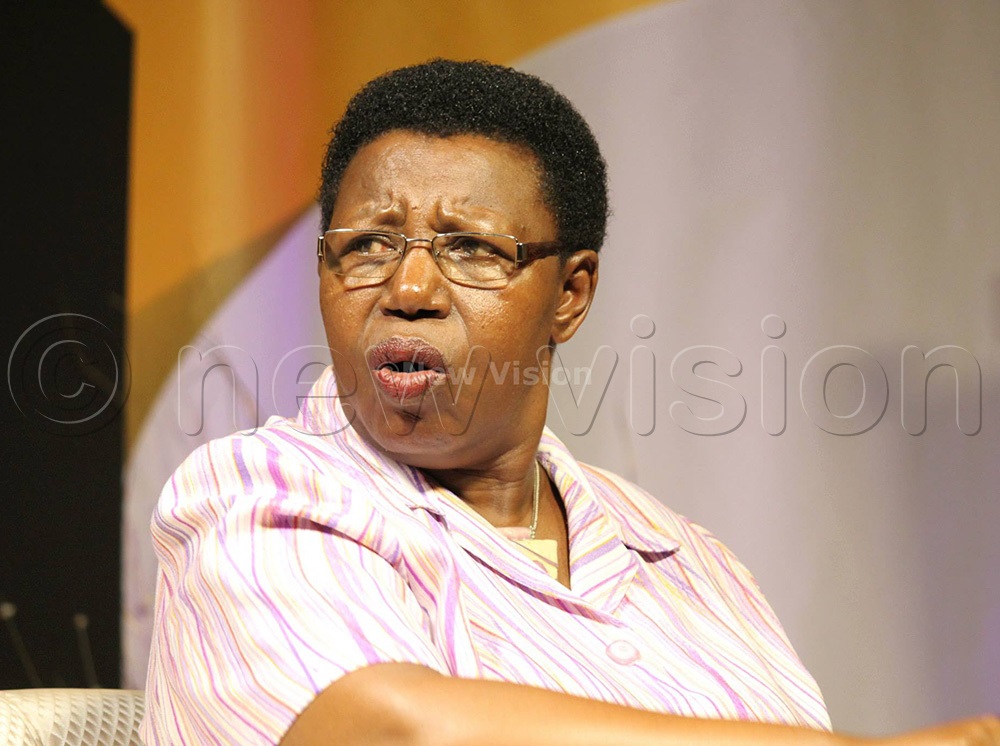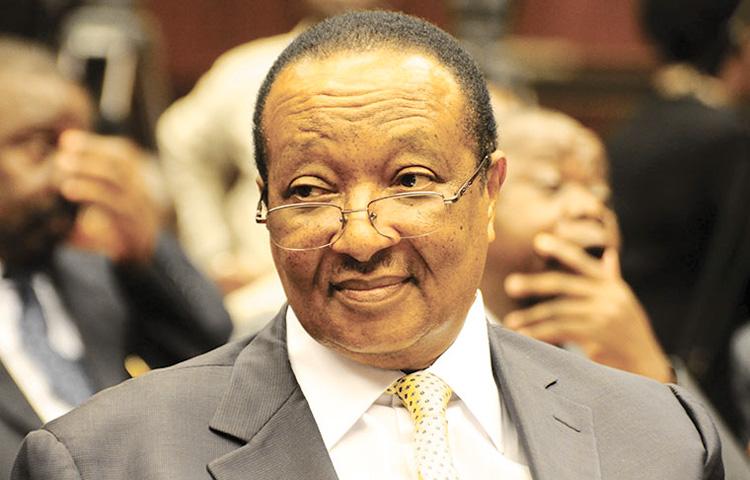Inside thorny debate on political autonomy of restored kingdoms
Scholar Nelson Kasfir, in his essay: The Restoration of the Buganda Kingdom Government, noted that bringing back kingdoms involved both political negotiations and deep cultural concerns.
One of the most emotionally charged and widely discussed issues during the Constitution-making process was whether the kingdoms should be restored.
_________________
One of the most emotionally charged and widely discussed issues during the Constitution-making process was whether the kingdoms, which had been abolished in 1967, should be restored with their original political autonomy.
Scholar Nelson Kasfir, in his essay: The Restoration of the Buganda Kingdom Government, noted that bringing back kingdoms involved both political negotiations and deep cultural concerns.
This Constituent Assembly (CA) debate happened when President Yoweri Museveni had already restored kingdoms in 1993 through the National Resistance Council (NRC).
Former Chief Justice Benjamin Odoki chaired the Uganda Constitution Commission. (File photo)
Writing about the issue in his essay: The Challenges of Constitution-Making in Uganda, former Chief Justice Benjamin Odoki said the views of Ugandans on the restoration of kingdoms were sharply divided.
“Some viewed the institution of traditional leaders as archaic, while others saw the matter as a cultural right. The commission recommended the restoration of the institution where the people concerned so wished, but with the institution restricted to a cultural and development role. What was not agreed was the nature and extent of reform,” Odoki, who chaired the Uganda Constitution Commission, said.
He added that some groups, like monarchists/ federalists, advocated for the immediate restoration of the 1962 arrangement, where kingdoms had some political autonomy with a federal system. So, during the CA, the main question for delegates was whether traditional leaders could be officially granted some form of political autonomy under the new 1995 Constitution, and what role they would have in a modern Uganda under the ruling National Resistance Movement (NRM).
Maruzi County, CA delegate Adoko Nekyon (RIP) argued at the time that culture was the bedrock of identity. “The restoration of kingdoms is not about politics. It is about the soul of our people. Without our culture, we are a lost nation.” However, Mbarara district delegate Miria Matembe warned against blurring cultural heritage with political authority.
“Let us not return to the mistakes of the past. If we give kings political power again, we are planting seeds of division. Let them remain as cultural leaders, symbols of unity, not instruments of politics,” Matembe said.

Former ethics minister and then Mbarara district delegate Miria Matembe warned against blurring cultural heritage with political authority. (File photo)
She argued that while cultural heritage is important, the return of kingdoms should not be equated with the return of federalism, noting that Uganda had already transitioned to a republican form of government and that restoring kingdoms should not undermine the unity of the nation.
During the CA debate that was laced with strong calls for restoration and cautionary voices, Prof. Apollo Nsibambi (RIP) stood as a bridge.
“Our cultural institutions can co-exist with a modern state. But we must define their role clearly. If confined to cultural functions, they will enrich our society without undermining governance.”
The debates stretched across months in 1994. Delegates from Buganda, Toro, Bunyoro and Busoga spoke passionately about restoring their monarchies.
Delegate Augustine Ruzindana insisted that the Kabaka was not merely a king, but the living heart of his people.

During the CA debate that was laced with strong calls for restoration and cautionary voices, Prof. Apollo Nsibambi (RIP) stood as a bridge. (File photo)
Delegates from other regions agreed with him, stressing that restoration was not a privilege for Buganda alone but a right for all communities with historic institutions. The result of these bold exchanges was Article 246 of the 1995 Constitution, which recognised traditional leaders while firmly barring them from partisan politics.
This compromise restoration without political power was the cornerstone of a new relationship between culture and the state. CA delegates described it as “a history of abolition and revival.”
VISION GROUP’S MAGAZINE
To commemorate the 30th anniversary of Uganda’s Constitution promulgation, Vision Group will, on October 7, publish a comprehensive magazine that highlights the milestones covered under the Constitution.
When the National Resistance Army (NRA) overran Kampala under the leadership of President Yoweri Museveni, the journey to transition to Constitutional rule started almost immediately with the issuance of Legal Notice No. 1 of 1986.
The legal notice provided the legal framework for the NRM administration, vesting legislative powers in the NRC and outlining the NRA code of conduct.
The CA, which comprised representatives elected by the people under the chairmanship of James Wapakhabulo on September 22, 1995, promulgated the Constitution, replacing the one of 1967.
In the run-up to October 7, New Vision will publish highlight stories that showcase the country’s progress under the constitution.